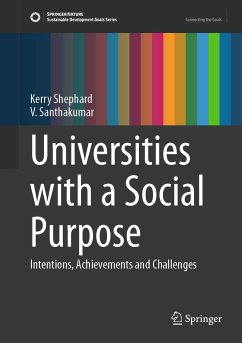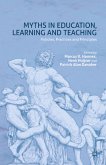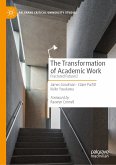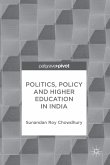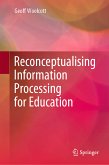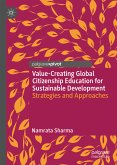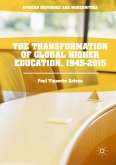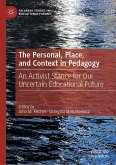The seventeen internationally-agreed Sustainable Development Goals (SDGs) provide focus for aspirations and plans regarding sustainability, but notably, the SDGs' targets and indicators rarely provide detailed accounts of who is expected to enact change. This book addresses the role of higher education in this context and explores the social purposes of universities and their relation to the Sustainable Development Goals. It presents an academic analysis of this complex situation, based on insights from published literature on higher education, and the personal but very different experiences of two professors with this shared interest.
Dieser Download kann aus rechtlichen Gründen nur mit Rechnungsadresse in A, B, BG, CY, CZ, D, DK, EW, E, FIN, F, GR, HR, H, IRL, I, LT, L, LR, M, NL, PL, P, R, S, SLO, SK ausgeliefert werden.

